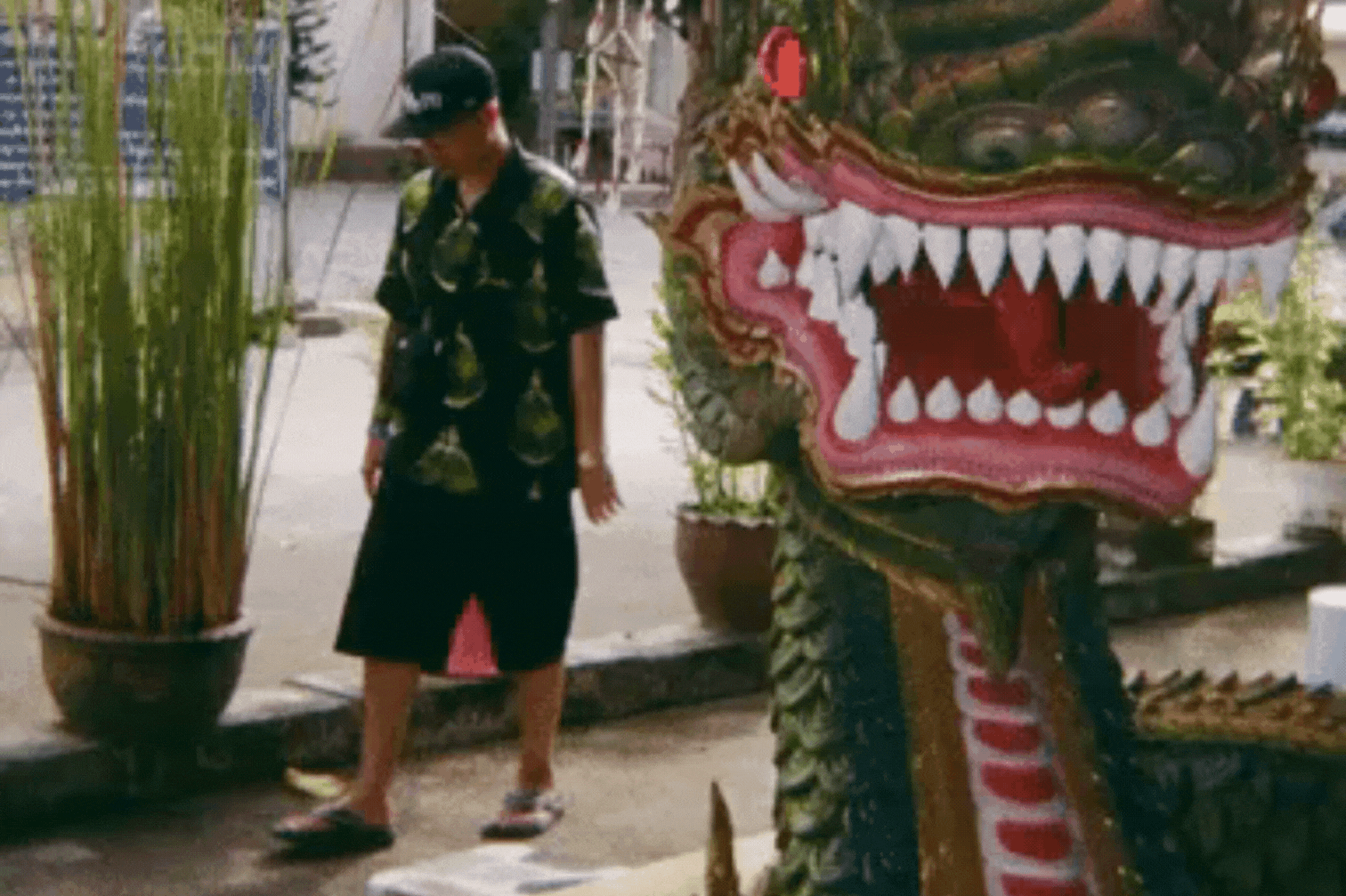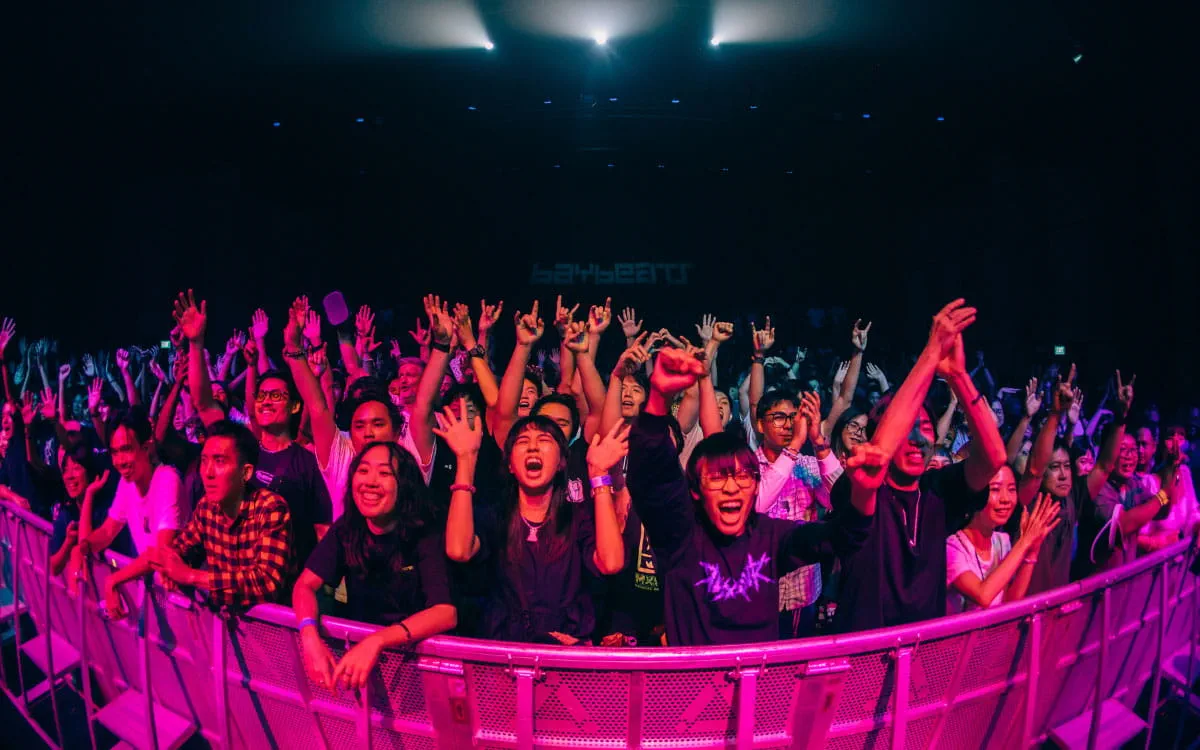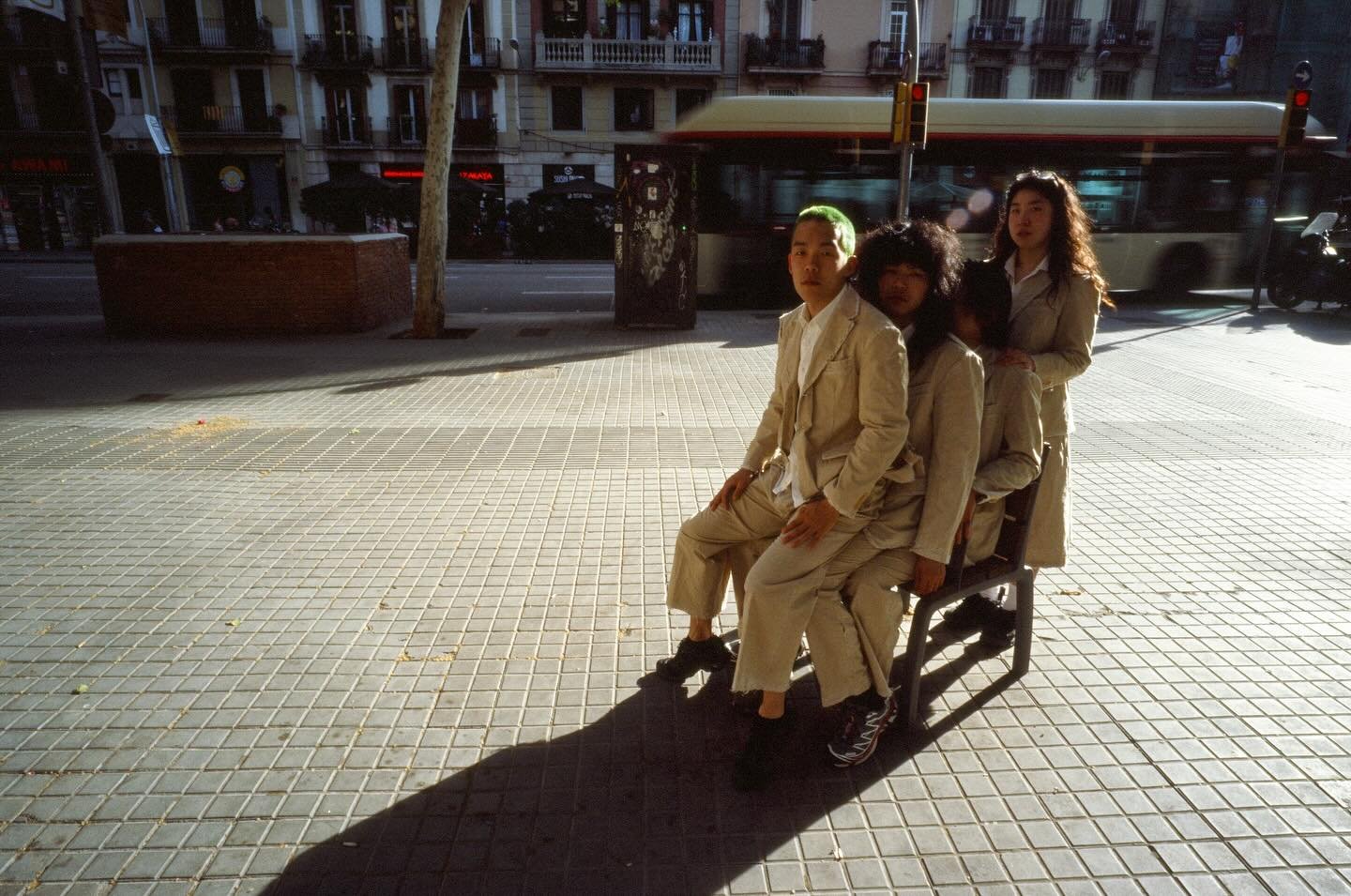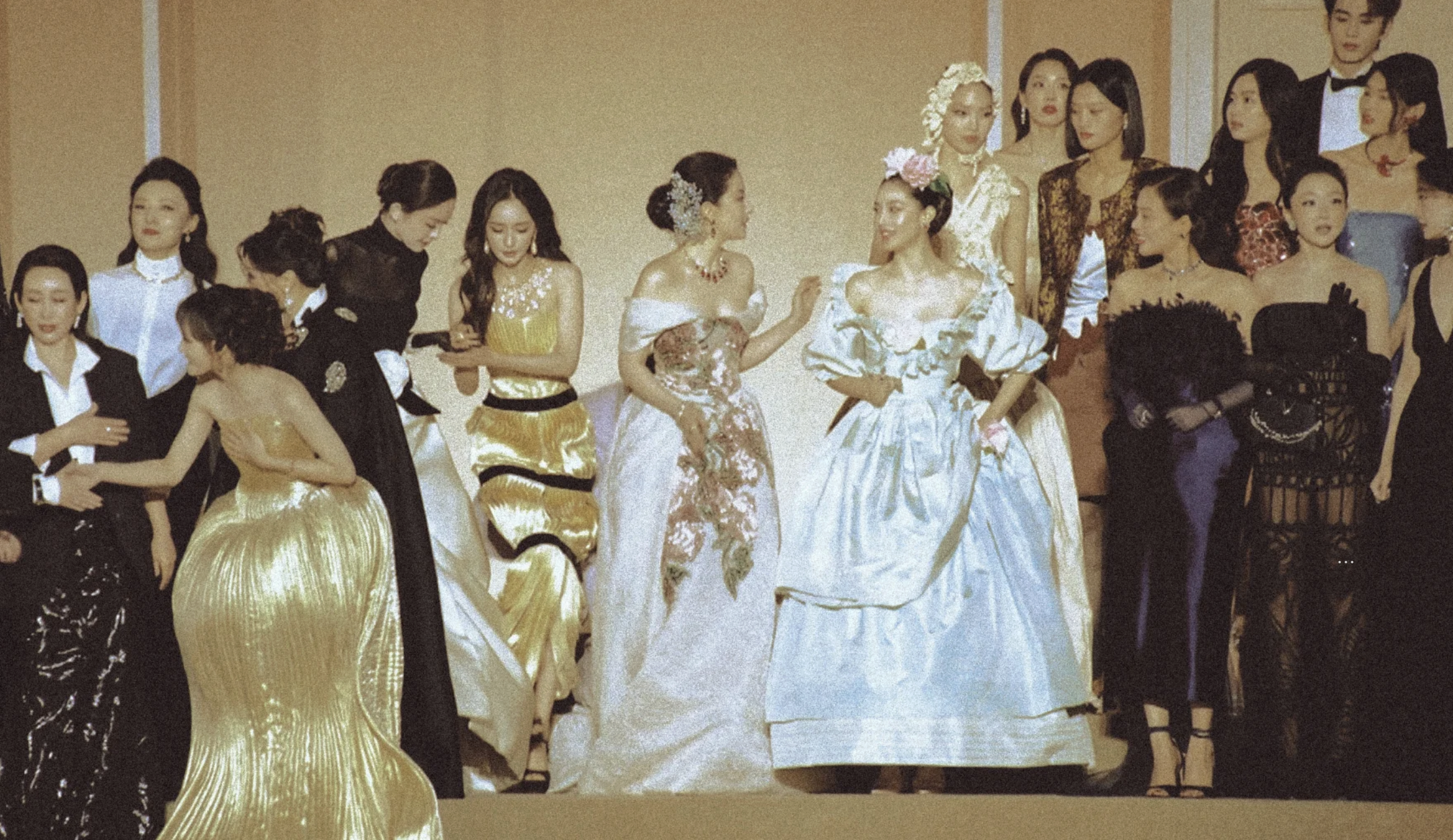Hip hop has long been an underserved genre in Malaysia, often overshadowed by other prevailing, longstanding categories. While the local music scene has embraced various global influences, rap has struggled to find widespread acceptance—especially within the Malaysian-Chinese community.
However, a new wave of artists is changing that narrative, bringing fresh perspectives and linguistic diversity to the genre. At the forefront of this movement is DATO’ MAW, a brash and unapologetic rapper who is redefining what it means to be a Chinese hip hop artist in Malaysia. Through his distinctive style and the creation of his record label, Ban Huat Sdn. Bhd., DATO’ MAW is spearheading a cultural shift, proving that hip hop has a deserving place in the country’s music scene.
Early Life and Background
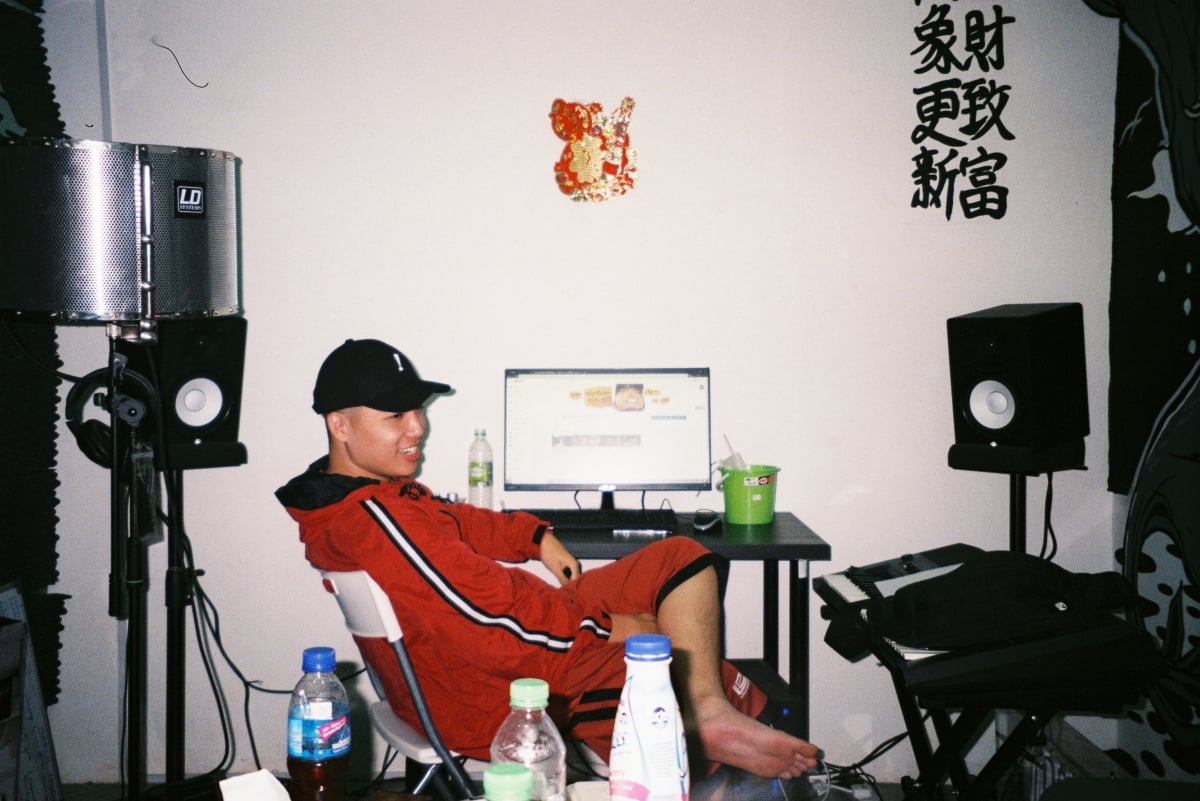
Before immersing himself fully in the world of music, DATO’ MAW—real name Teh Jian Wei—navigated various professions, including stints as a tuition teacher and graphic designer, according to his LinkedIn profile. This diverse background laid the foundation for his distinctive musical style, seamlessly weaving together multiple languages and Chinese dialects.
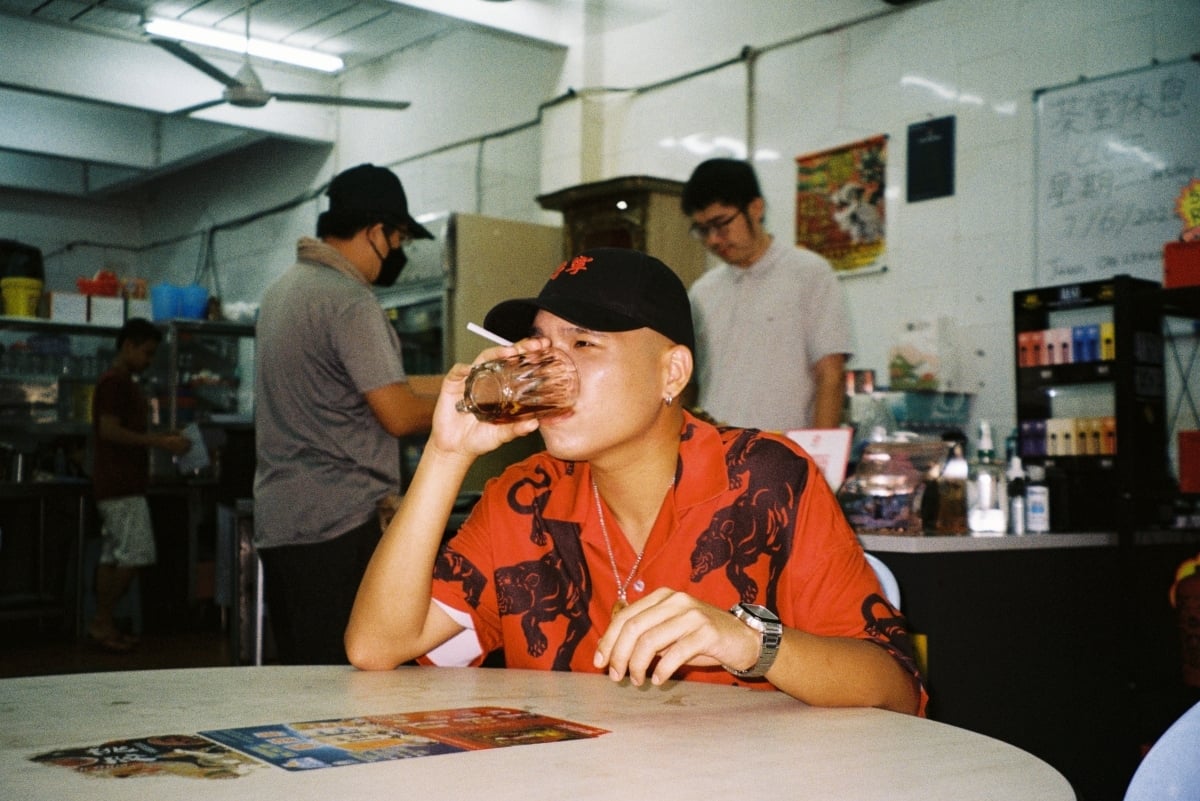
DATO’ MAW’s stage name is a testament to his cultural roots and artistic vision. Derived from the Mandarin word for “tapir” (马来貘, Mǎlái mò) and the term for “devil” or “monster” (魔, Mó), the moniker embodies a fusion of local identity and edgy persona. The honorific “Dato'”–a title only bestowed to government officials and prominent businessmen by the sultan–adds a layer of Malaysian authenticity. While DATO’ MAW isn’t a real “Dato,” in an interview, the rapper cheekily said, “Dr. Dre isn’t a doctor either.”
Rise As a Rapper
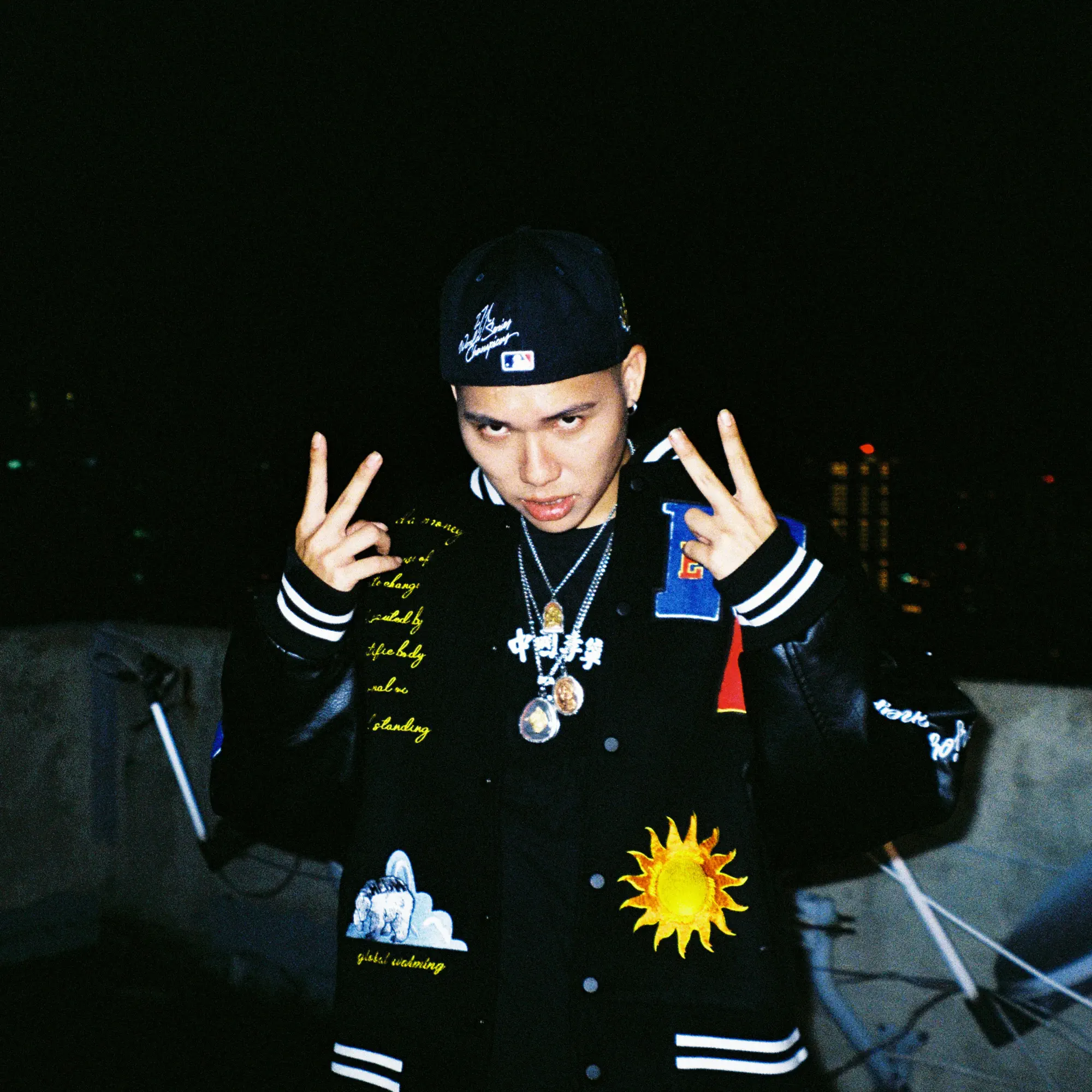
Like the many prominent wordsmiths of this generation, DATO’ MAW’s foray into hip hop began in his formative years, experimenting with writing lyrics as early as primary school. His deep-seated passion for the genre then saw him dabbling in various elements of hip hop culture, including breakdancing and graffiti art. However, it was rapping that resonated most profoundly with him. Embracing his Malaysian Chinese heritage, DATO’ MAW developed a unique style that fluently incorporates Mandarin, Cantonese, Malay, Penang Hokkien, and English—all enriched with local slang. This multilingual approach not only showcases his versatility but also bridges cultural divides within Malaysia’s diverse multiethnic society.

Unapologetically bold, DATO’ MAW’s brash attitude is evident in both his music and public persona. He challenges the status quo, addressing themes of identity, societal expectations, and personal struggles. From the complexities of success to the pursuit of recognition, he offers listeners a candid but unredacted glimpse into his introspections.
Nurturing New Talent
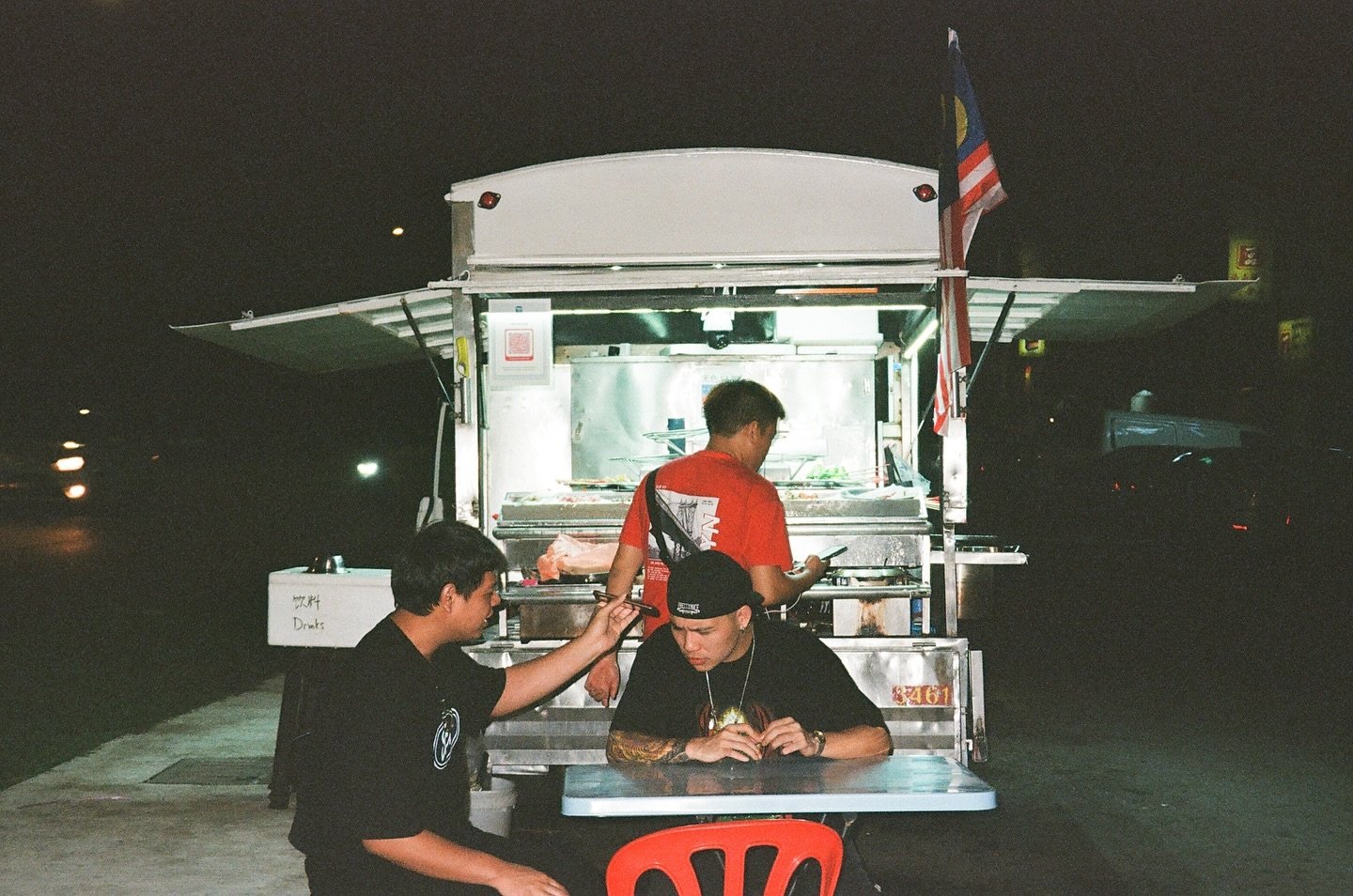
In his quest to elevate Malaysian Chinese hip hop, DATO’ MAW established Ban Huat Sdn. Bhd., a record label dedicated to producing and promoting “Cina Music,” which loosely translates to “Chinese Music” in derogatory Malaysian slang. The label has become a nurturing ground for emerging artists who share DATO’ MAW’s vision.
Notable talents under Ban Huat’s wing include rappers Yung Kai and Dametrill, singers Jay Wang and Hao You, and producers Joyboy, Jaake, and Franco.$. These artists have gained prominence through collaborations and performances, such as the flagship showcase at Zepp KL last year.
Championing a New Wave of Malaysian Chinese Hip Hop
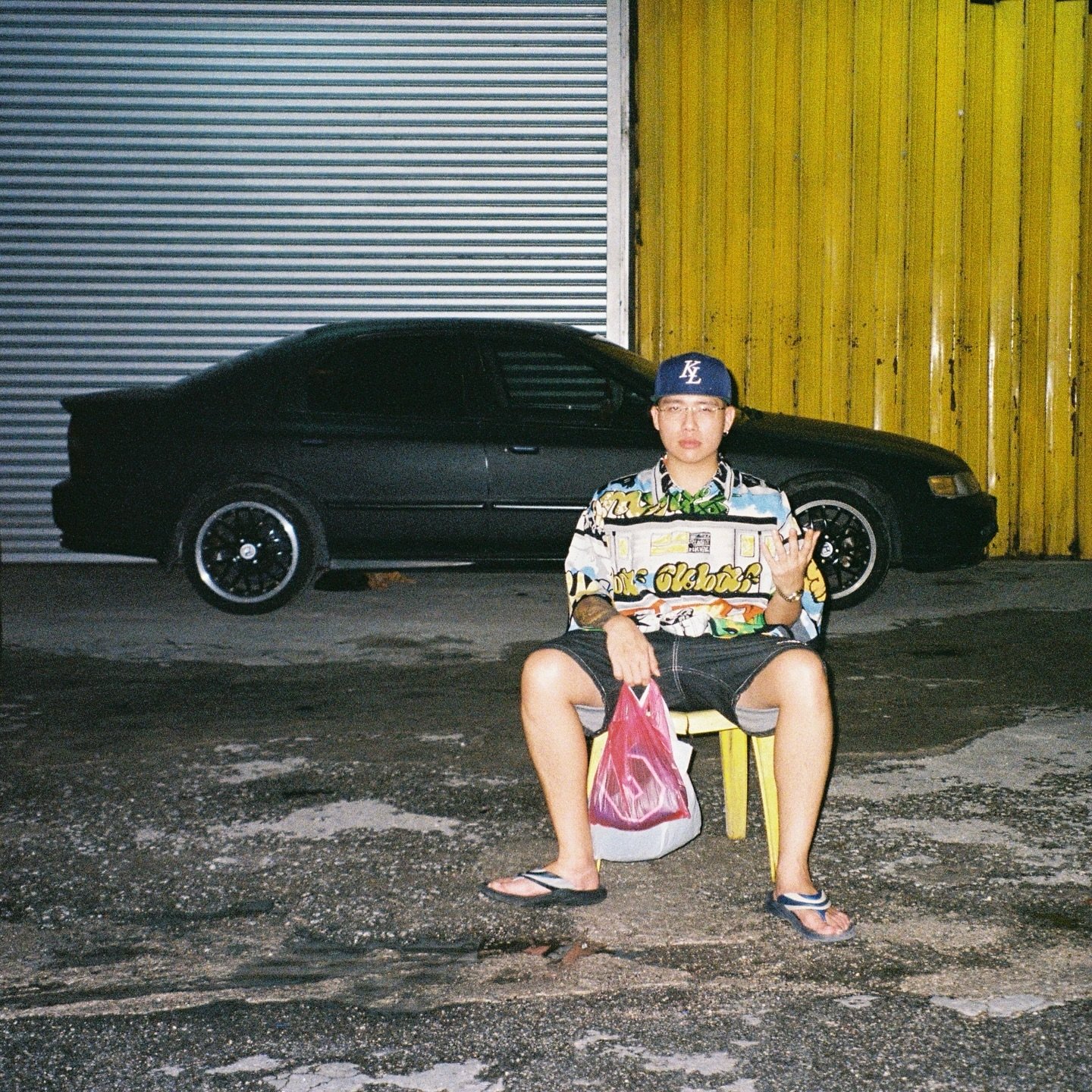
By infusing local dialects and cultural nuances into his music, MAW challenges the dominance of mainstream genres and creates a space for Malaysian-Chinese narratives within the global hip hop landscape, culminating in even a spot on Boiler Room. His commitment to authenticity and cultural representation has sparked conversations about identity and inclusivity in music.
As he articulates, “I just want to let people be proud of their own unique identity, and that there’s music that resonates with each and every Cina [Chinese] in Malaysia.”
DATO’ MAW’s journey embodies the spirit of innovation and cultural pride. Through his distinctive flair for Chinese hip-hop, he rhymes and raps along the unique cultural nuances of what it means to be Malaysian-Chinese. Beyond breaking barriers, his mentorship of emerging talents through Ban Huat Sdn. Bhd. will surely cement his legacy as a force in the Malaysian—and hopefully Southeast Asian—hip hop scenes.
Listen to DATO’ MAW on Spotify below:
All images via Instagram/dato_maw.

